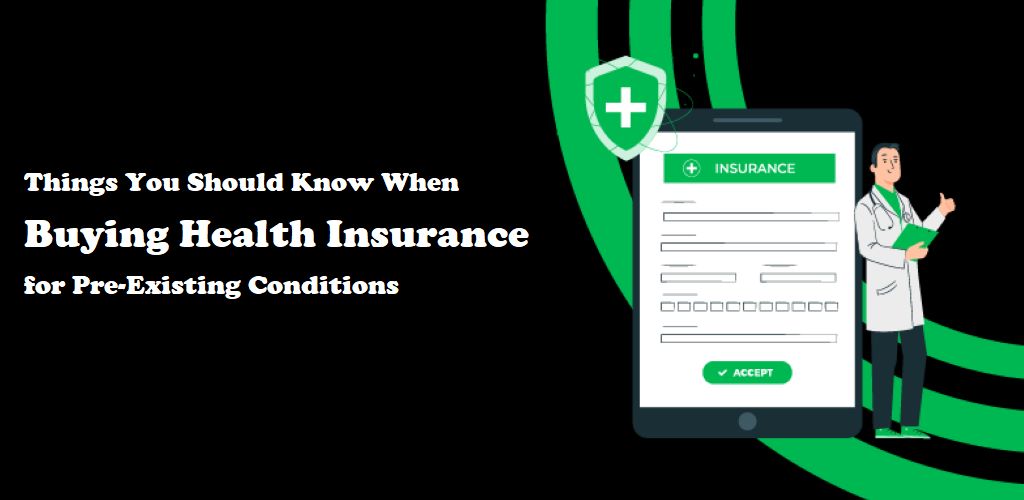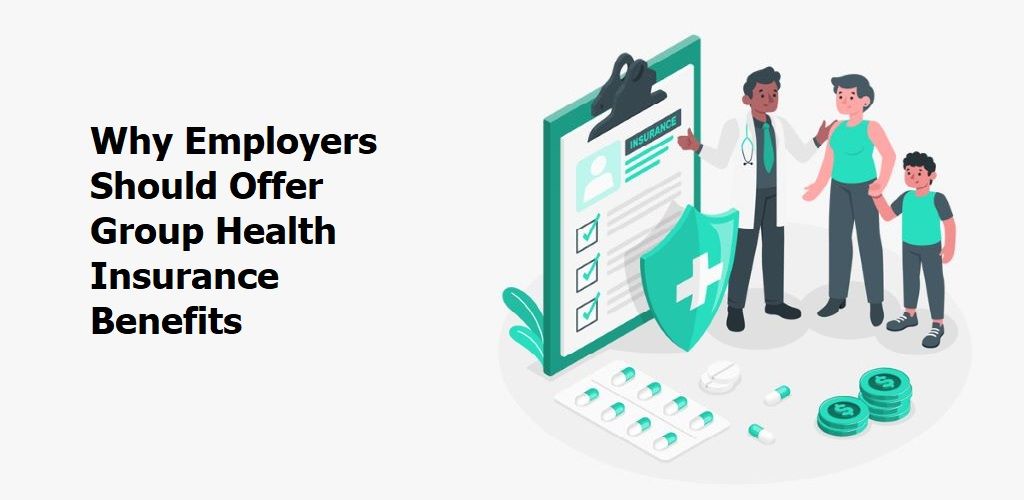Having health insurance is one of the best ways to manage the costs associated with medical conditions. If someone doesn’t require financial support for medical care, they could decide not to get health insurance. Contrary to popular belief, health insurance does not cover pre-existing conditions. This is a false assumption that has to be dispelled. For these kinds of ailments, you can get an insurance payout. But things weren’t always like that.
Getting health insurance was difficult for someone with a pre-existing condition (PED). Patients with pre-existing conditions were not eligible to receive their health insurance benefits under the terms and circumstances of the previous PED clause. But now, there is a list of pre-existing diseases and the health insurance coverage for pre-existing diseases has been updated by the Insurance Regulatory and Development Authority of India (IRDAI).
It’s crucial to understand the facts regarding pre-existing sickness health insurance and how insurance companies pay for certain illnesses before you purchase health insurance for your family.
What is a Pre-existing Illness?
There are requirements set forth by the insurer that you must meet to acquire health insurance. One of the first steps is disclosing any prior medical issues you may have.
A pre-existing illness is a sickness or health concern you had before considering purchasing insurance. These ailments can include high blood pressure, allergies, asthma, and other ailments as well as chronic diseases like diabetes, heart disease, and cancer. Pre-existing conditions can vary in severity and be either short-term or long-term.
Pre-existing condition disclosure is essential when applying for health insurance. Pre-existing conditions may not be disclosed, which may lead to a claim being rejected or the insurance being cancelled. Pre-existing conditions must be disclosed to insurance companies for them to appropriately estimate the risk of offering coverage. Pre-existing conditions may have an impact on the policy’s cost, exclusions, and coverage limits.
Why Do Pre-existing Conditions Annoy Health Insurance Companies?
Insurance companies are reluctant to cover individuals with pre-existing conditions for health insurance.
This is because, in comparison to other persons, those who have pre-existing illnesses are more likely to file a claim. Because of the increased financial risk this presents to them, health insurance companies steer clear of providing coverage to those with pre-existing conditions.
It is difficult to anticipate illness in advance. However, there is a high likelihood that an individual who already has health issues may become ill and file a claim. As a result, by refusing to cover individuals with pre-existing conditions, health insurance companies lessen their financial burden.
Tips to Buy Health Insurance If You Have a Pre-existing Disease
Do Not Hide a Prior Illness:
Avoid hiding any pre-existing medical conditions from your insurance provider when you first purchase the policy. This is crucial since your health insurance claim may be denied by the insurer if your pre-existing disease is revealed to them at the time of treatment.
Select a Health Plan with a Shorter Waiting Period for PEDs:
A waiting period for pre-existing diseases applies to both individual and family health insurance plans, preventing you from claiming a predetermined amount of time. Your insurance company will deny any claims made for these illnesses during this time.
Furthermore, the length of the waiting period may vary depending on the terms of the insurance policy. The length and severity of your pre-existing condition also play a role. Consequently, you want to choose a health insurance plan with a shorter waiting period for pre-existing conditions.
Stay away from health plans that include co-payments for coverage of pre-existing diseases:
There can be a co-payment requirement for pre-existing condition coverage from some health insurance companies. This clause states that the insurer will settle the claim and you will be responsible for paying a portion of the total amount. However, this co-payment provision for covering pre-existing conditions is not included in all health plans. Purchase a health plan without a co-payment clause as a result.
In some circumstances, the waiting time may be waived:
When an additional payment is made, some insurance companies allow the waiting time restriction to be removed. With this option, the waiting period is either eliminated or has its duration shortened. The insurance provider will, however, waive the premium following the seriousness of your condition. If your health is serious or you are relatively old, the insurance company might not even give you this option. Therefore, it’s advisable to make sure of this before deciding to buy health insurance.
Pre-existing conditions may have an impact on your health insurance policy’s premium:
The cost of your medical insurance plan may increase if you have a pre-existing disease. The premium for an application with a pre-existing disease would be higher than for an applicant without any medical issues. Your condition, age, the scope of the policy, and other factors would all play a role in determining the exact premium amount.
But, it’s crucial to remember that you should never lie about your medical history, regardless of the premium amount. If you withhold information now, you might save more money, but later on, if your claim is denied and you have to pay for your medical bills out of pocket, you might have to pay very high fees.
Insurance providers can deny you a health insurance policy:
The insurance provider may refuse to cover you for specific pre-existing conditions, such as diabetes, cancer, or a history of heart attacks. You might occasionally be given a health insurance plan, but it might not cover specific ailments for the term.
How Do You Purchase Health Insurance for Pre-Existing Diseases?
You should constantly evaluate multiple medical insurance plans to find one that best fits your needs, age, finances, and medical conditions because the terms, conditions, and regulations of different health insurers can vary. The ease of use of the internet makes comparing several plans simple.
Additionally, it makes sure that in the event of a medical emergency, you are not only protected against all forms of medical bills but also receive a plan that is worth your money.
Conclusion
One of the most important financial instruments you should think about getting for a safe financial future is health insurance. It is functional, adaptable, and reasonably priced. It protects you and your loved ones, preserves your savings, and frees you from worry. But, the characteristics and coverage of your insurance plan will determine how credible it is.








